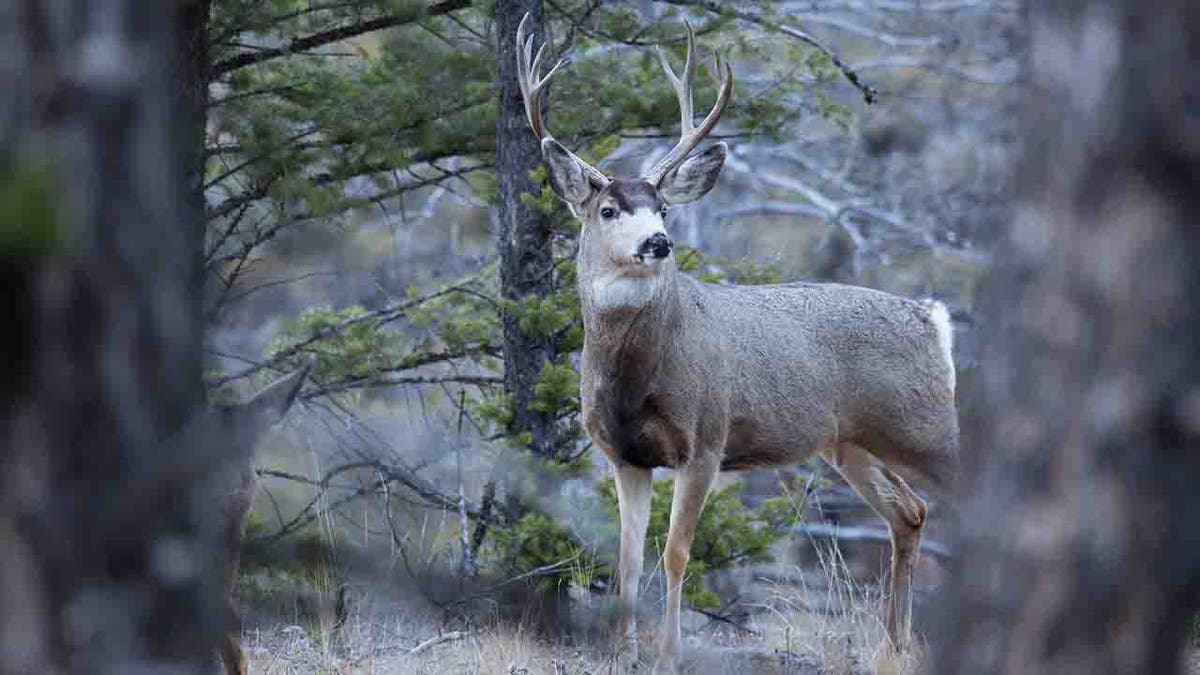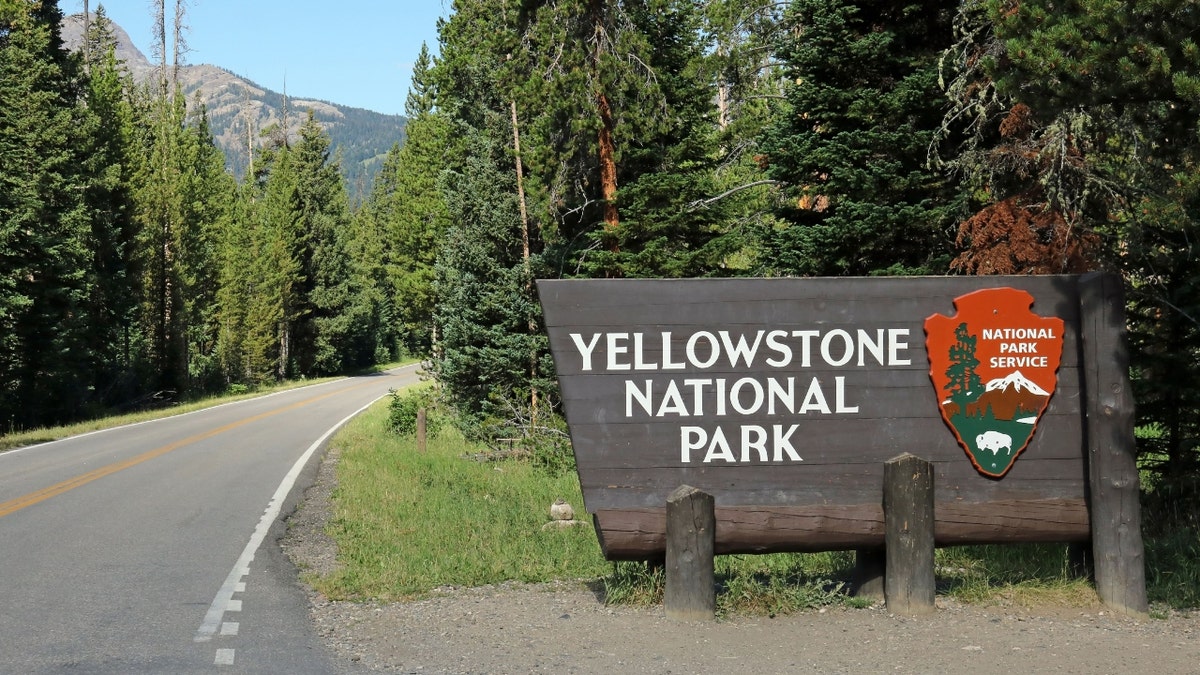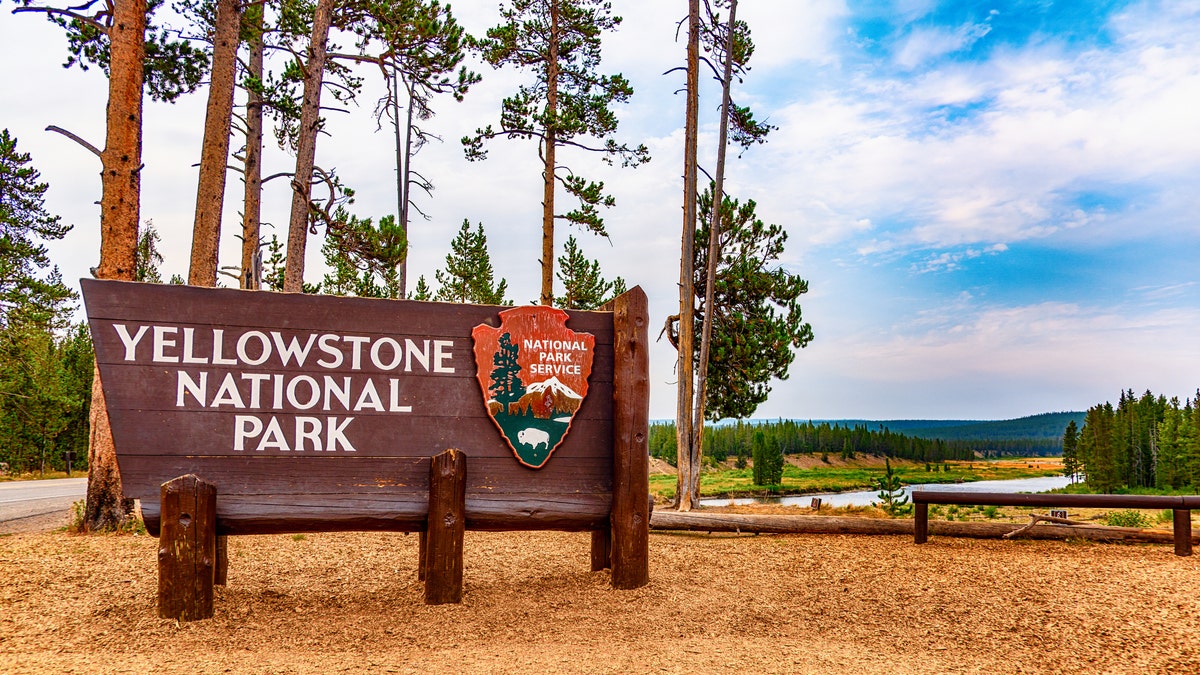Fox News Flash top headlines for November 16
Fox News Flash top headlines are here. Check out what's clicking on Foxnews.com.
Yellowstone National Park has confirmed its first case of chronic wasting disease (CWD) on Tuesday after a deer carcass in the park tested positive for the highly contagious and fatal brain disease.
The carcass of the adult mule deer buck was recovered from the Promontory, a landmass that separates the south and southeast arms of Yellowstone Lake in the southeastern section of the park with the help of the Wyoming Game and Fish Department, the National Park Service (NPS) said.
The buck had originally been captured and fitted with a GPS collar by wildlife staff near Cody, Wyoming, in March 2023 as part of a population dynamics study. The collar signaled the animal died mid-October 2023, NPS said.
Samples from the carcass were taken and tested multiple times, confirming CWD in the deer.
US BIRD FLU OUTBREAK SEES FEWER BIRDS CULLED THAN IN 2022

About 10 to 15% of the mule deer near Cody, Wyoming, are estimated to have CWD, parks officials said. (National Park Service / Neal Herbert)
Chronic wasting disease is a prion disease that can cause weight loss, stumbling, listlessness and neurological symptoms, according to the CDC. It has been spotted in deer, elk, reindeer and moose in areas of North America, Canada, Norway and South Korea. Symptoms can take up to a year to develop.

The mule deer migrate to the southeastern section of Yellowstone National Park in the summer. (Education Images/Universal Images Group via Getty Images)
Parks officials said that since the mid-1980s, the fatal brain disease has spread across Wyoming and is now found in most of the state. The disease is estimated to be found in 10-15% of the mule deer near Cody that migrate to the southeastern section of Yellowstone in the summer.
WILDEBEEST FIGHTS BACK AFTER CROCODILE ATTACKS IT IN RUSHING TANZANIA RIVER
The park said that the long-term effect of the disease on deer, elk and moose in Yellowstone is uncertain.

Parks officials said that the long-term effect of CWD on deer, elk and moose in Yellowstone is uncertain. (iStock)
CWD is fatal to infected animals, and so far, no treatments or vaccines have been discovered.
The CDC states that while there have been no reported CWD infections in people, some studies have suggested that it could pose a risk to humans.

